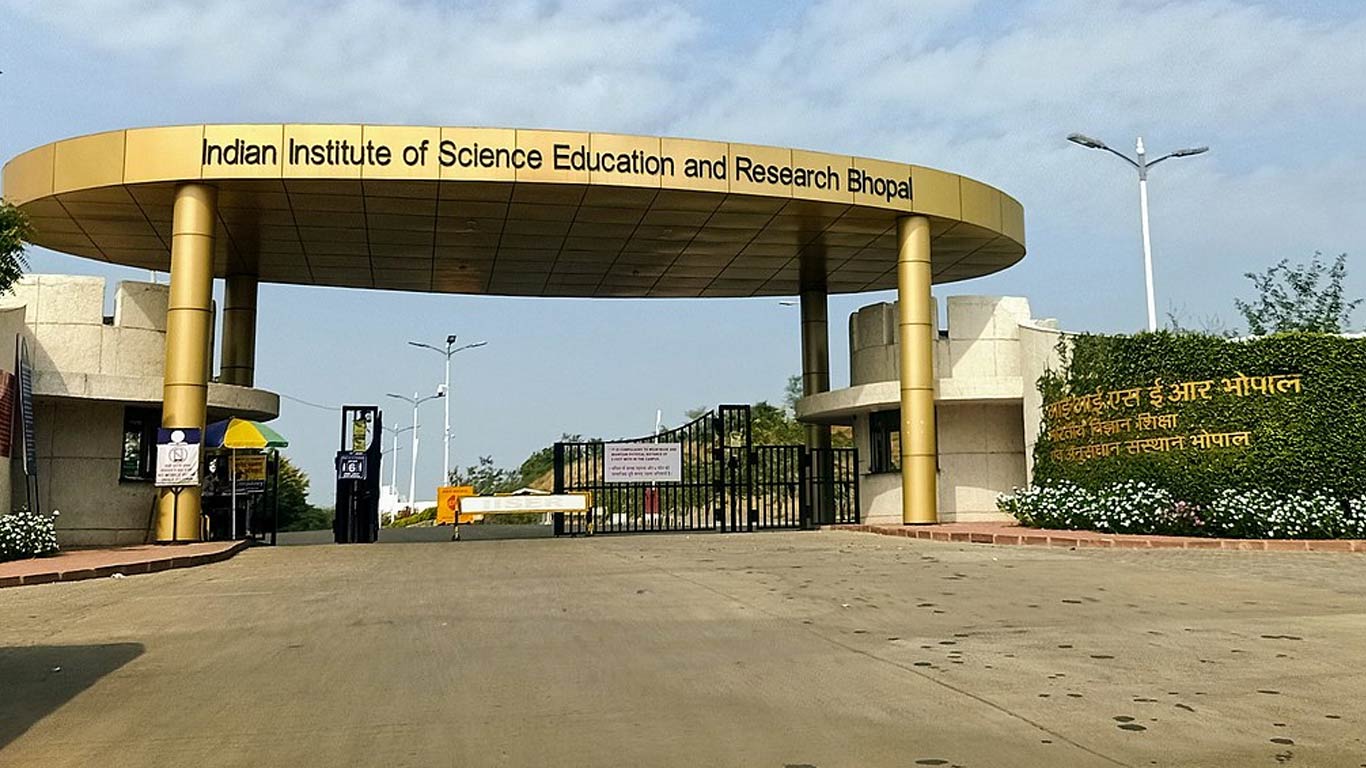New Nanocomposite Technology Purifies Pharma Effluents
Updated: May 21, 2024 04:51:49pm

New Nanocomposite Technology Purifies Pharma Effluents
Bhopal, May 21 (KNN) Scientists at the Indian Institute of Science Education and Research (IISER) have developed a promising new technology to remove antibiotic contaminants from wastewater produced by pharmaceutical manufacturing.
The team, led by Dr. Shankar Chakma, Head of the Department of Chemical Engineering, has created a carbon-based nanocomposite that can degrade antibiotics in water through a photocatalytic process using ultraviolet light exposure.
The nanocomposite material combines semiconductor materials and activated carbon. When contaminated water is treated with this substance and exposed to UV light for 40-45 minutes, up to 88 per cent of the antibiotic pollutants are degraded and removed from the water.
"This technology represents a milestone in water purification and environmental remediation," said Dr. Chakma.
"Not only are we able to effectively eliminate antibiotic contaminants, but we identify and test the breakdown products to ensure they are significantly less toxic than the original compounds", he added.
In addition to its purification capabilities, the nanocomposite offers an economical and sustainable solution, as the activated carbon component is synthesised from waste materials already present in the environment.
The research team's findings were recently published in the journal Research on Chemical Intermediates.
Pharmaceutical wastewater has been a major environmental concern due to the rise of antibiotic-resistant bacteria and other ecological impacts.
This new nanocomposite offers promise for improving water quality by removing these pollutants at their source before they can disperse further into watersheds.
(KNN Bureau)











